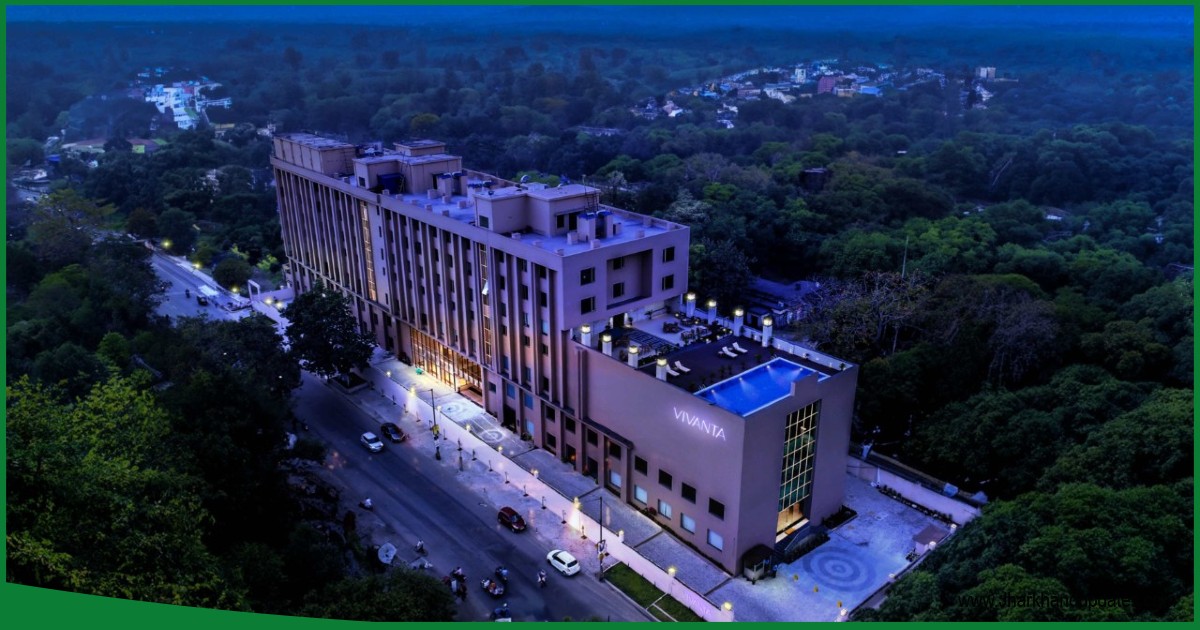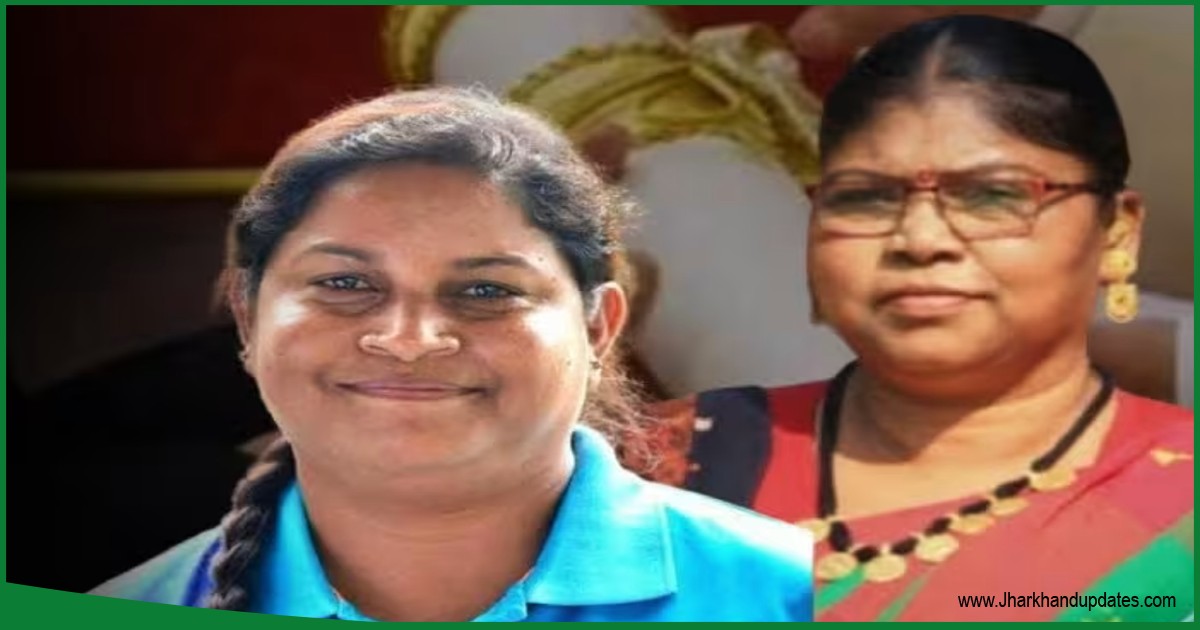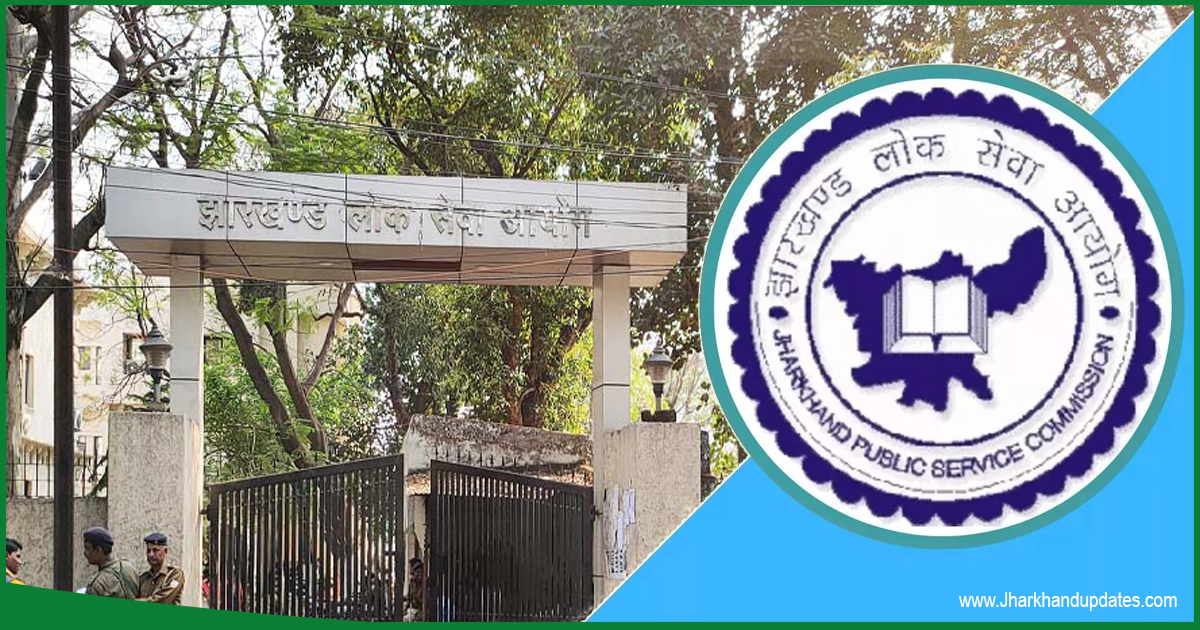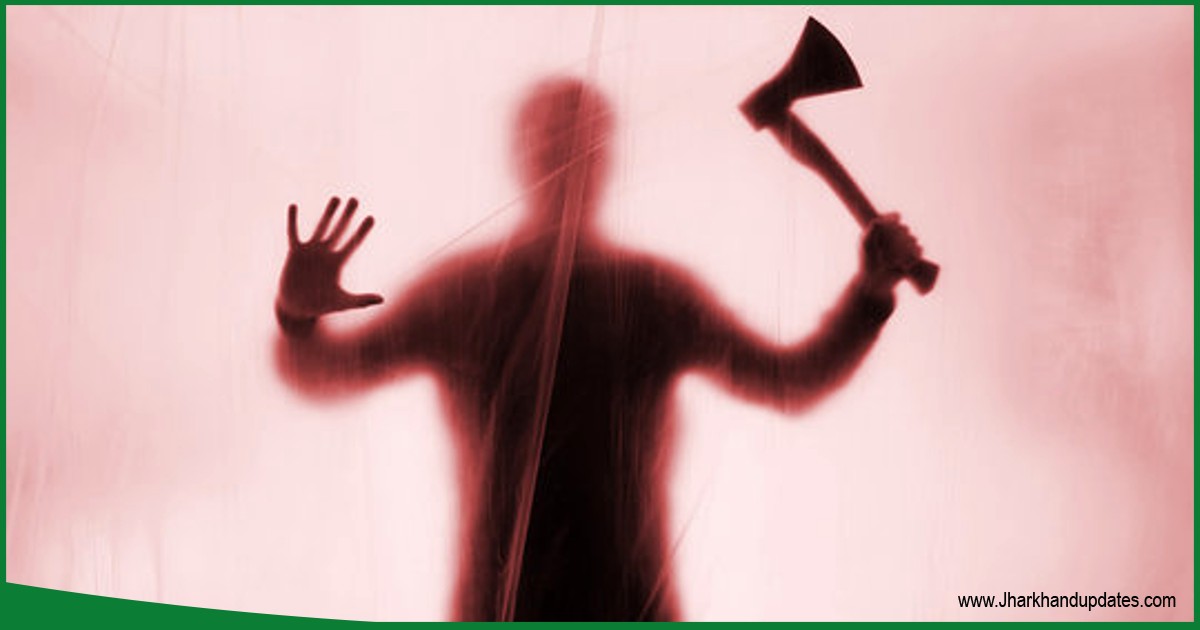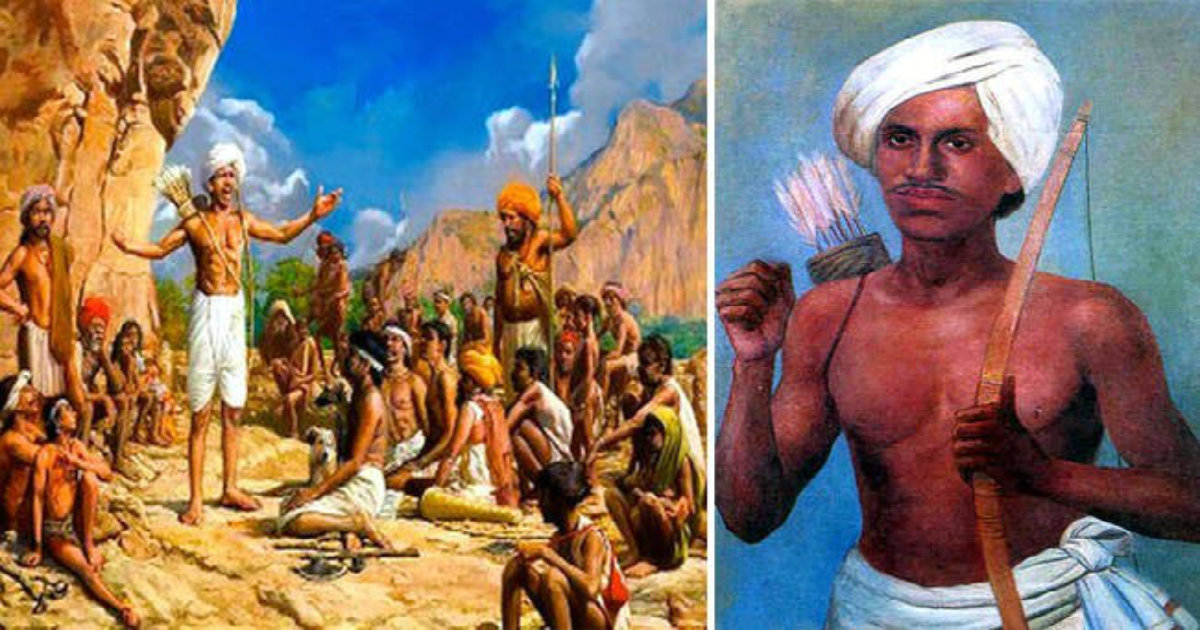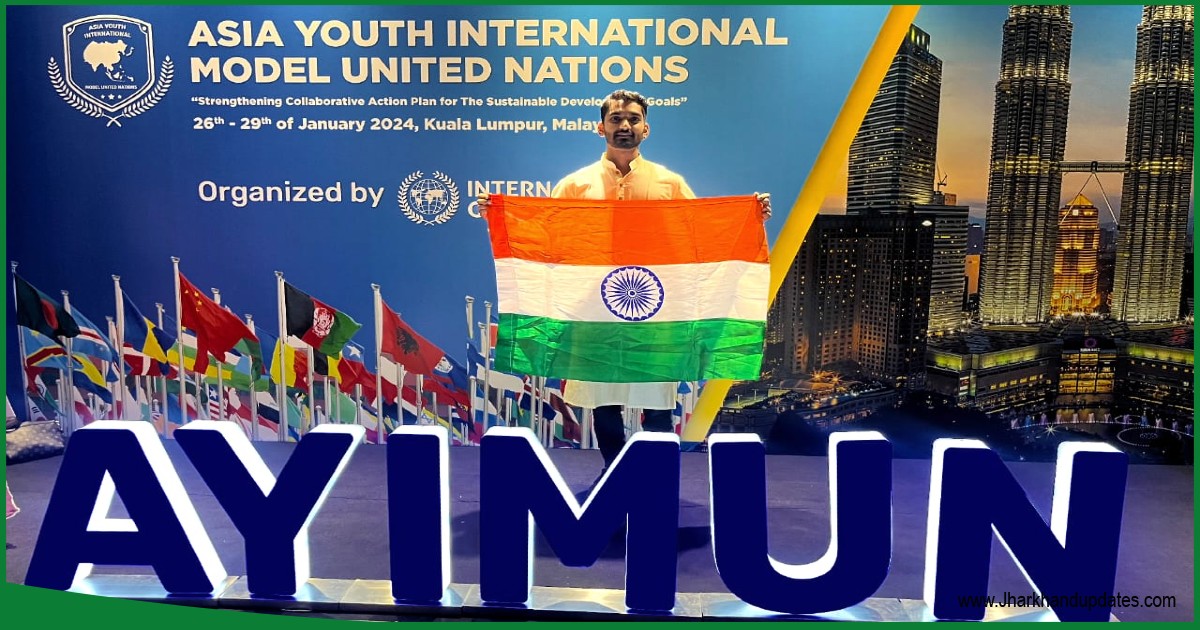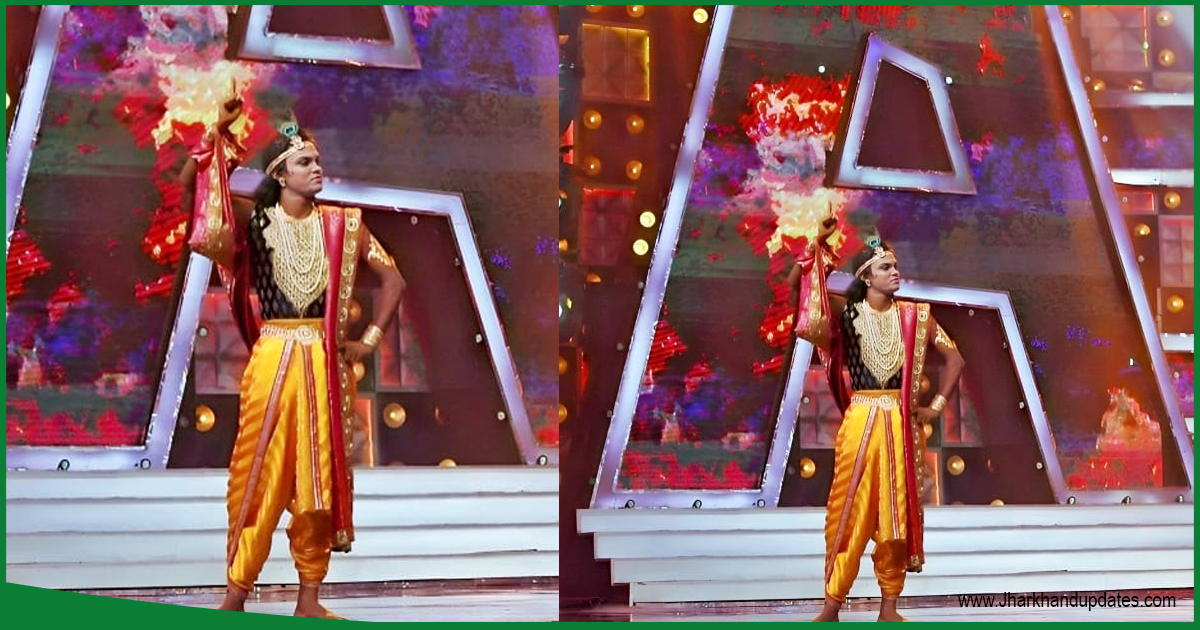Birsa Munda was a young Indian freedom fighter and a tribal leader from the Munda Tribe of the Chhota Nagpur Plateau region. He led a movement in the late 19th century against the British rule in India. He was at the forefront of Millenarian movement that rose in the Bengal Presidency (now Jharkhand). The revolt was mainly concentrated in the Munda belt of Khunti, Tamar, Sarwada and Bandgaon.
Birsa Munda was born on November 15, 1875, at Ulihatu in the Khunti district of Jharkhand. He received his early education at Salga under the guidance of his teacher Jaipal Nag. On the recommendation of his teacher, Birsa Munda converted to Christianity in order to enroll in the German Mission School. He, however, opted out of the school after studying there for a few years.
Between 1886 and 1890, Birsa Munda spent maximum time in Chaibasa, which was close to the center of the Sardar agitation. His time at Chaibasa had a huge impact on him and he soon became a part of the anti-missionary and anti-government agitations. By the time he left Chaibasa in 1890, Birsa Munda was strongly entrenched in the movement against the British oppression of the tribal communities. He started a movement called ‘Ulgulan’, or ‘The Great Tumult’.
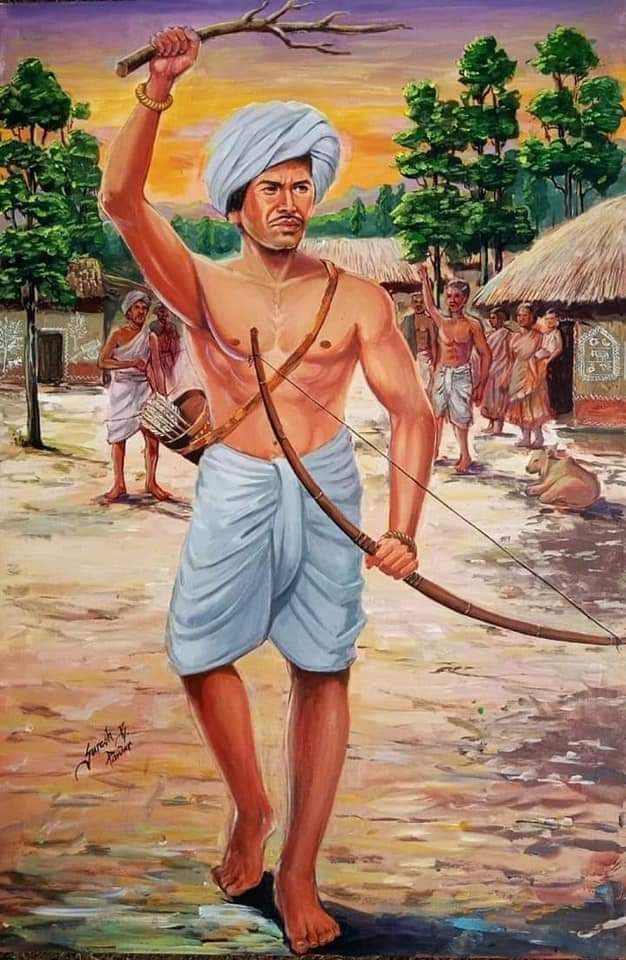
He was arrested on March 3, 1900, by the British Police from Jamkopai forest in Chakradharpur. He died in Ranchi jail on June 9, 1900, at the young age of 25. Though he died young, Birsa Munda during his lifetime wanted to reform the tribal society. He advised tribal people to pursue their original traditional tribal religious system. He also founded a new religion called Birsait, which, believed in One God and encouraged them to revert to their original religious beliefs.
Through his religion, Munda preached a strong anti-British sentiment and mobilised thousands of tribal folk to form guerrilla armies to attack the British Rule. People from Oraon and Munda tribe became convinced Birsaites, and many started referring to him ‘Dharti Abba or Father of Earth’. Eight years after his death, the British government introduced the Chotanagpur Tenancy Act in 1908, which prohibits the transfer of tribal land to non-tribals.
The young tribal revolutionary’s life and legacy continue to be celebrated even today, particularly in the tribal regions of Bihar, Jharkhand and even parts of Karnataka and Odisha. His slogan ‘Raj setar Jana, Maharani raj tundu jana’ which means ‘Let the Kingdom of the Queen be ended and our kingdom will be established’, is still remembered today in the states of Odisha, Bihar, West Bengal and Madhya Pradesh. The entire Jharkhand has memorials named after him such as Birsa Munda Airport in Ranchi, Birsa Institute of Technology in Sindri, Birsa Munda Tribal University, Birsa Agricultural University, Birsa College in Khunti, Birsa Munda Athletics Stadium and even Birsa Munda Central Jail.
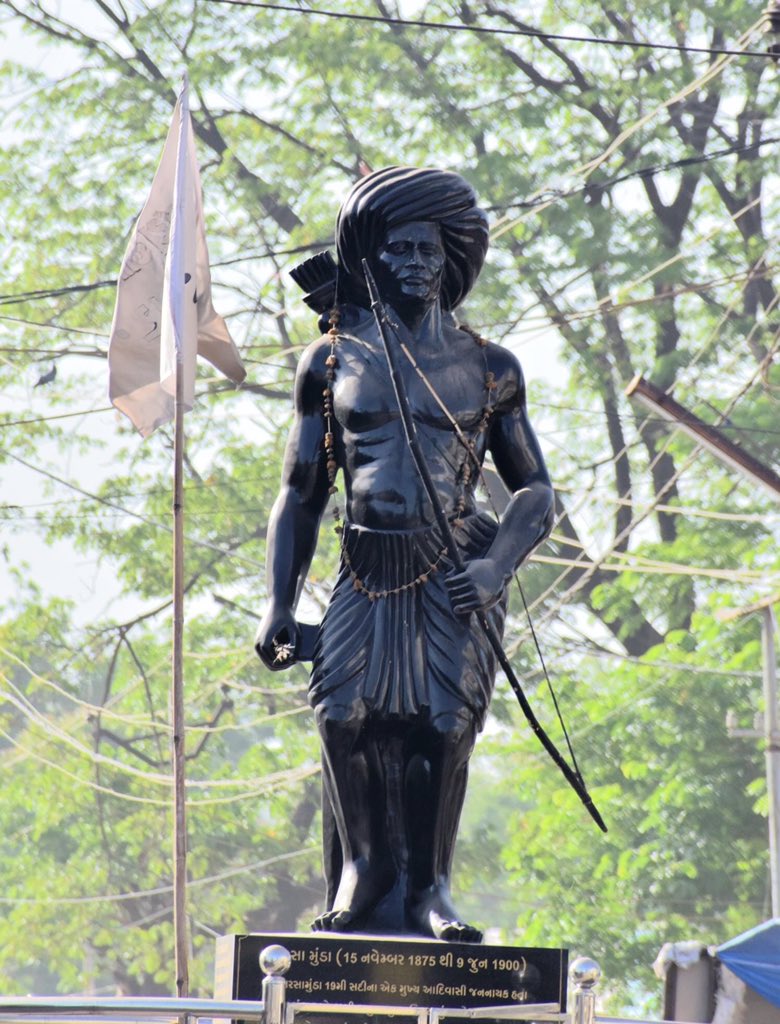
He is the only tribal leader whose portrait hangs in the Central Hall of Parliament. The portrait was unveiled by the Speaker of the Lok Sabha, Dr. Balram Jakhar on October 16, 1989. Two Hindi movies namely Ulgulan – Ek Kranti (2004) and Gandhi Se Pehle Gandhi (2008) were based on his life. Ramon Magsaysay Award Winner and Activist Mahasweta Devi’s historical novel, Aranyer Adhikar ( Right to the Forest, 1977) for which she won the Sahitya Akademi Award for Bengali in 1979, is based on Munda’s life and his rebellion against the British Raj. Birsa Munda’s contribution to modern India is significant and his achievements as a young tribal revolutionary are celebrated even today.



